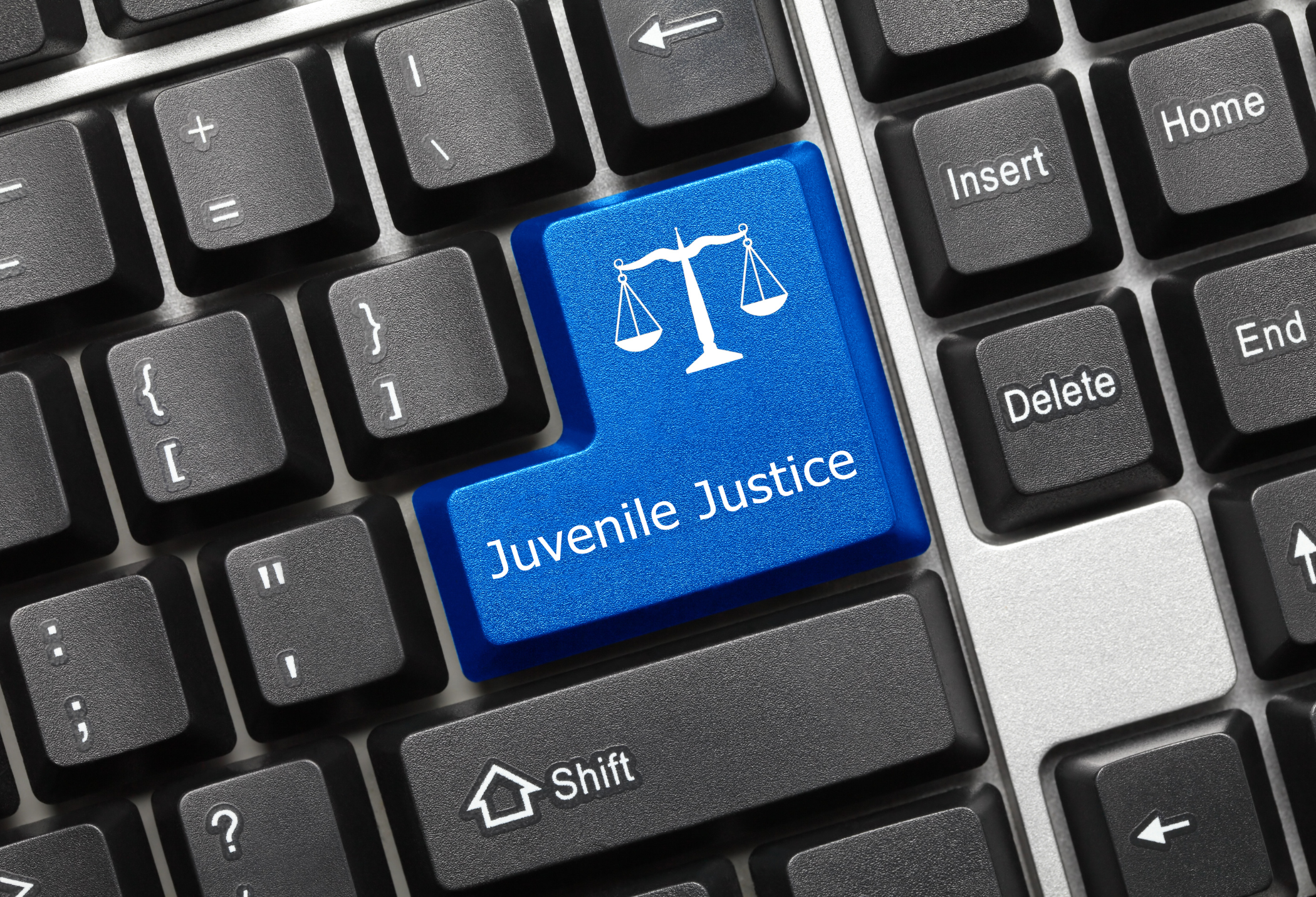
What Is Juvenile Rule 6 in Ohio?
February 25, 2025
In juvenile delinquency proceedings, the authorities can bring a child into custody under specific circumstances governed by Juvenile Rule 6.
Understanding Juvenile Rule 6
In Ohio, Juvenile Rule 6 governs how authorities may take a juvenile into custody and continue to detain a juvenile pending their dispositional hearing on delinquency charges. Juvenile Rule 6 ensures that authorities have reasonable grounds to detain a juvenile, consistent with the rehabilitative goals of the juvenile justice system.
Key Provisions of Juvenile Rule 6
Juvenile Rule 6 has two key provisions. The first provision governs the circumstances under which authorities may take a child into custody. A juvenile may end up in custody for a delinquency offense:
- According to a court order
- According to a lawful arrest
- According to an order by the judge or magistrate ex parte pending the outcome of the adjudicatory/dispositional hearing in a dependency proceeding when the court finds the immediate issuance of a shelter care order in the juvenile’s best interest
Furthermore, a law enforcement or court officer can take a juvenile into custody when any of the following conditions exist:
- The officer has reasonable grounds to believe the child has an injury or illness and has not received proper care, and the child requires removal to prevent immediate or threatened physical or emotional harm
- The officer has reasonable grounds to believe the child faces an imminent danger from their surroundings
- The officer has reasonable grounds to believe the child’s parent, guardian, custodian, or another household member has abused or neglected another child in the household
- The officer has reasonable grounds to believe the child has run away from home
- During court proceedings, the officer has reasonable grounds to believe the child may flee or another party may remove the child out of the judicial district or will not bring the child to court
- A juvenile judge or magistrate has found probable cause to believe any of the first three conditions exist and that authorities have made reasonable efforts to notify the child’s parent, guardian, or custodian, except where notification could jeopardize the child’s physical or emotional safety or result in the child’s removal from the court’s jurisdiction.
How Juvenile Rule 6 Protects Minors
Juvenile Rule 6 protects minors during delinquency proceedings in several ways. First, the rule precludes arbitrary or unnecessary detainment of a juvenile by setting strict standards for bringing a child into custody, thereby preventing abuses of power by authorities. The rule also ensures a parent’s or guardian’s involvement in custody proceedings unless doing so would jeopardize the child’s safety.
Contact a Juvenile Defense Attorney Today
When police charge your son or daughter with an offense that would constitute a crime if committed by an adult, understanding your child’s rights in the juvenile justice system can help you protect their interests and future. Contact DiCaudo, Pitchford & Yoder today for a free, confidential consultation with our juvenile defense team in Ohio to learn more about the process under which authorities may take your child into custody for a delinquency offense.